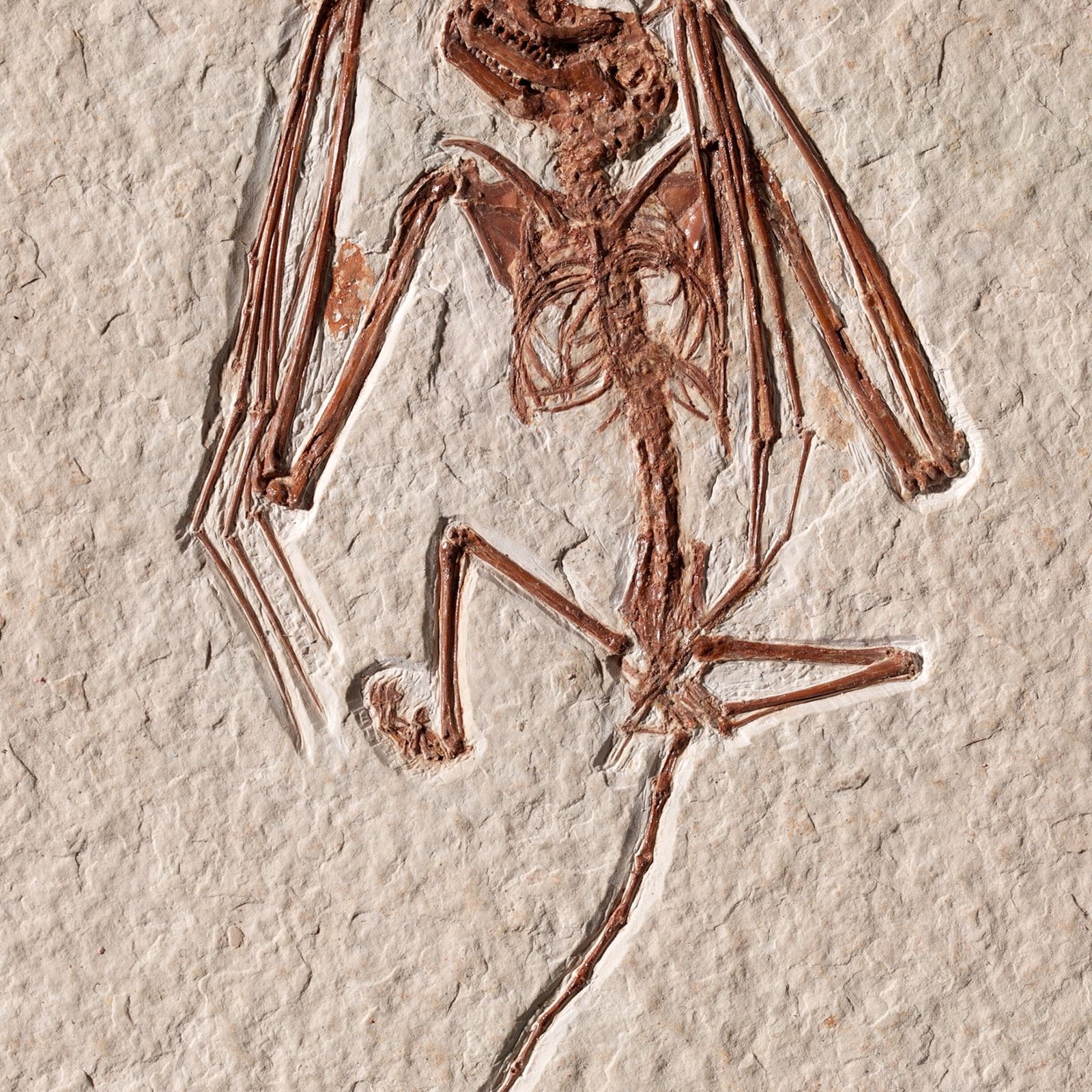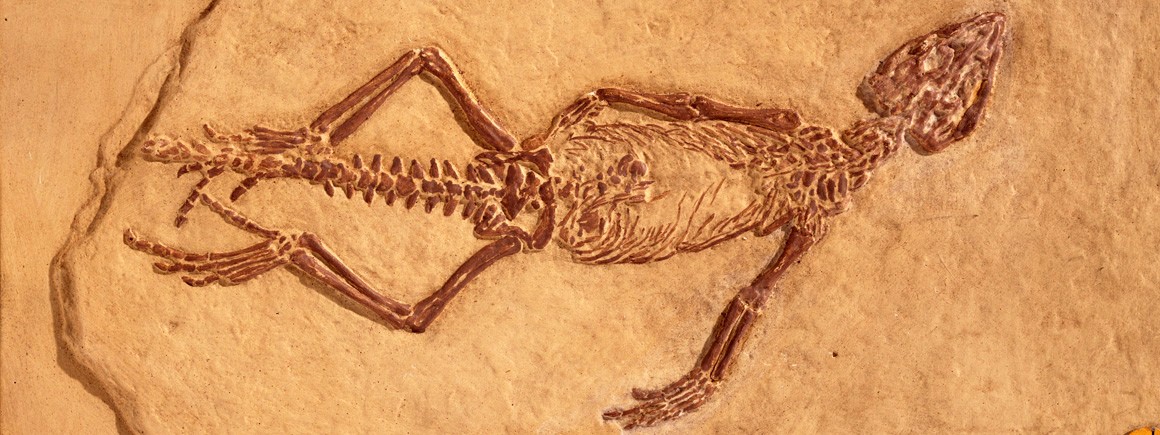Palaeontology 🦖
926 readers
3 users here now
Welcome to c/Palaeontology @ Mander.xyz!

🦖 Notice Board
- 2023-06-23: We are looking for mods. Send a dm to @fossilesque@mander.xyz if interested! This is a work in progress, please don't mind the mess.
🦖 About
Paleontology, also spelled palaeontology[a] or palæontology, is the scientific study of life that existed prior to, and sometimes including, the start of the Holocene epoch (roughly 11,700 years before present). It includes the study of fossils to classify organisms and study their interactions with each other and their environments (their /c/paleoecology. Read more...
🦖 Rules
- Don't throw mud. Be kind and remember the human.
- Keep it rooted (on topic).
- No spam.
🦖 Resources
- Smithsonian's Paleobiology website
- University of California Museum of Paleontology
- The Paleontological Society
- The Palaeontological Association
- The Society of Vertebrate Paleontology
- The Paleontology Portal
- "Geology, Paleontology & Theories of the Earth" – a collection of more than 100 digitised landmark and early books on Earth sciences at the Linda Hall Library

🦖 Sister Communities
- !anthropology@mander.xyz
- !archaeology@mander.xyz
- !biodiversity@mander.xyz
- !earthscience@mander.xyz
- !folklore@mander.xyz
- !geography@mander.xyz
- !geospatial@mander.xyz
- !history@mander.xyz
- !houseplants@mander.xyz
- !microbiology@mander.xyz
- !old_maps@mander.xyz
- !palaeoecology@mander.xyz
- !palaeontology@mander.xyz
- !plantid@mander.xyz
- !scicomm@mander.xyz
- !science_memes@mander.xyz
- !soilscience@slrpnk.net

founded 2 years ago
MODERATORS
126
127
128
129
152
70 million-year-old giant dinosaur skeleton found connected from skull to tail | CNN
(edition.cnn.com)
130
23
Fossil named 'Attenborough's strange bird' was the first in its kind without teeth
(www.sciencedaily.com)
131
132
133
134
135
20
136
137
138
139
140
54
A 13-year-old found a 5-million-year-old fossil, and now there's a new species of walrus named in his honor
(www.businessinsider.com)
141
142
143
144
145
146
147
148
149
150
21
A 365-million-year-old fish with an extreme underbite showcases vertebrate diversity
(theconversation.com)


